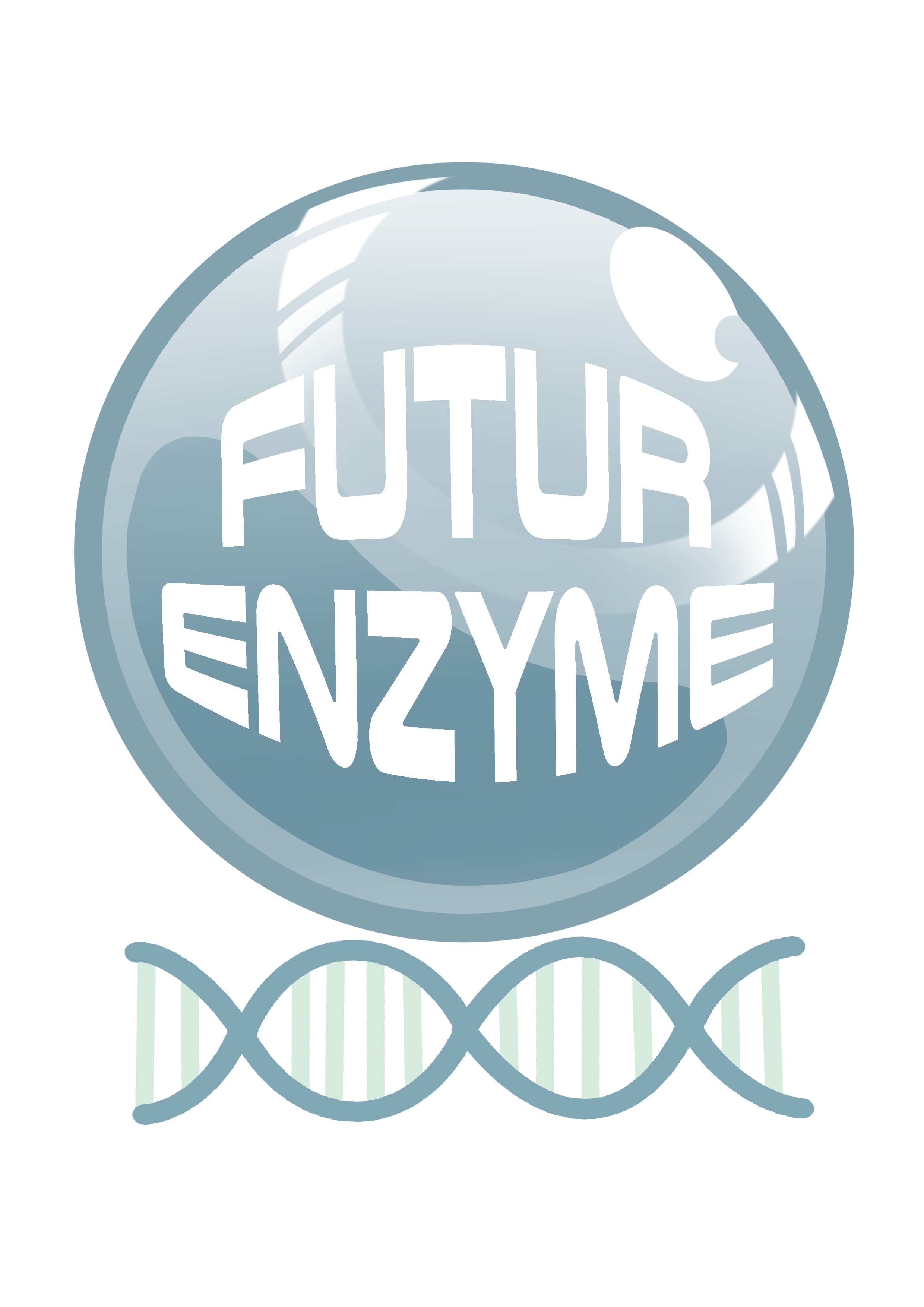The CSIC (Agencia Estatal Consejo Superior de Investigaciones Científicas) is the Spain’s largest public research institution, and ranks third among Europe’s largest research organization. CSIC is listed the 3th research organization in Europe by number of projects, with a total FP7 and H2020 contributions of over 264 and 181 million euros, respectively. CSIC has 123 Institutes spread across the country and covering at least eight different areas of Science and Technology.
The IPCR has 85-years history in carrying out excellence research in fundamental and applied physical chemistry, with a multidisciplinary approach focused on the resolution of the present challenges of our society in the fields of health, biotechnology, new materials, and environment. It has a total staff of 115 members, from which 32 are scientists, included in four Departments.
WP1: Representing the project management and coordination activities.
WP2: Implementing machine learning platform to screen enzymes demanded by manufacturers.
WP3: Implementing activity-based platforms to screen enzymes demanded by manufacturers.
WP4: Implementing systems for producing and characterising enzymes and finding best ones.
WP5: Improving the performance of the best enzymes through novel engineering techniques.
WP6: Establishing a platform for a sustainable supply of the best enzyme formulations.
WP7: Delivering enzymatic strategies for formulating 3 innovative real-life consumer products.
WP8: Focusing on dissemination, exploitation and communication.
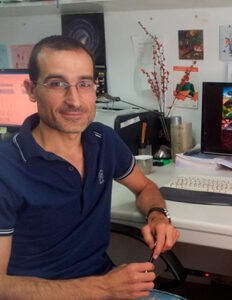
Prof. Manuel Ferrer
since 2005 head of the Systems Biotechnology.
His work mostly devoted to bio-prospect, discover, characterise, engineer, and apply new versatile enzymes for a new bio-economy growth; he also devoted extensive effort in generating and integrating multi-omics datasets using bioinformatics to understand complex microbial communities in multiple environmental and health contexts and exploit them in biotechnology and medicine.

Dr. Julia Sanz-Aparicio
research is focussed in the interpretation of biological phenomena in terms of structural studies at the molecular level, to use this knowledge for biotechnological and biomedical applications.
She is a member of the Commission of Biological Macromolecules (CBM) within the International Union of Crystallography (IUCr).
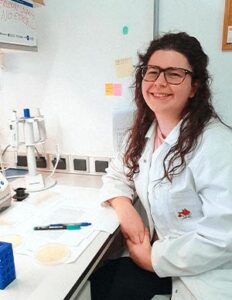
Laura Fernández López
has a Grade in Biochemistry and a Master Degree in Industrial and Environmental Biotechnology. For the last 5 years she worked in proteomics, genomics and enzyme immobilization, design, isolation and characterization. More specifically, her PhD research is focused on the development and study of Plurizymes under the supervision of Prof. Manuel Ferrer.
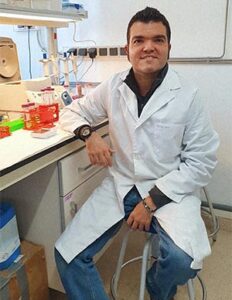
David Almendral Nieto
has a degree in Biology from the University of Alcalá de Henares. He worked in the Biological Research Centre (CSIC) studying plant viruses and in the Biotechnolgy National Center (CSIC) in antibody development against HIV. In recent years he has been working in the Institute of Catalysis (CSIC) on purification and characterization of proteins such as peroxidases and esterases.
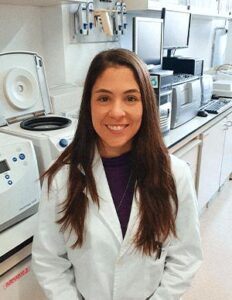
Dr. Patricia Molina Espeja
has a Bachelor’s Degree in Biology and a Master Degree in Microbiology. For the last ten 10 years she worked in directed evolution of enzymes, field in which she developed her PhD research and postdoctoral period. More specifically, she worked improving oxidoreductases for greener organic synthesis using Saccharomyces cerevisiae as driving force and in the frame of different European Projects.
